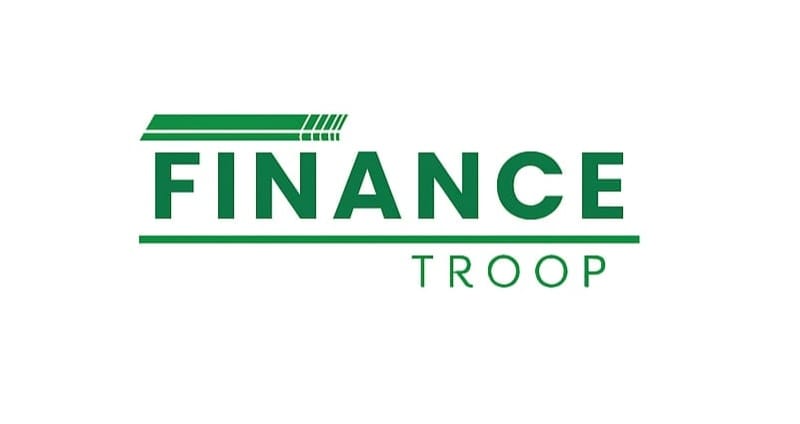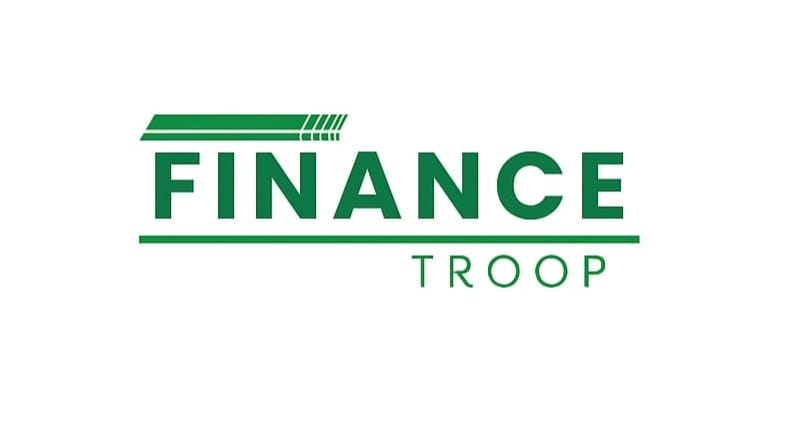Loans can help you buy your dream home, fund higher education, or manage emergencies. But for many borrowers, one question often arises a few months or years into repayment:
Can I close this loan early and become debt-free?
The short answer is: Yes — most loans can be paid off before the full tenure, either in part or in full. This is called loan prepayment or foreclosure.
What Is EMI Prepayment?
Prepayment refers to paying off your loan partially or entirely before the scheduled tenure ends.
There are two types:
- Part-prepayment → You pay a lump sum in between EMIs (but continue the rest)
- Full prepayment / Foreclosure → You repay the entire outstanding loan balance at once and close it early
This applies to personal, car, education, home, and business loans.
Why Consider Loan Prepayment?
Benefits include:
- Interest savings — Big reduction in total outflow over the loan term
- Early financial freedom — Fewer EMIs = more cashflow
- Improved CIBIL score over time
- Peace of mind — especially for unsecured loans like personal loans
Let’s say you took a ₹5 lakh personal loan for 5 years at 13% interest.
If you prepay in year 3, you may save ₹40,000–₹60,000 in interest depending on your exact EMI+principal status.
Summary Table – Rules on EMI Prepayment by Loan Type (2025)
Loan Type | Prepayment Allowed? | Charges (2025) | Best Time to Prepay |
Personal Loan | Yes | 0%–4% depending on lender | Within 1st–3rd year |
Home Loan | Yes | 0% for floating rate loans | Anytime after EMI starts |
Car Loan | Yes | 2%–5% usually | After 12 EMI payments |
Education Loan | Yes | Usually NIL for most banks | After moratorium ends |
Gold / secured | Yes | Usually no charges | Prepay anytime |
When Is the Best Time to Prepay Your Loan?
The earlier you prepay, the more you save on interest. Here’s why:
In the early stages:
Your EMIs consist primarily of interest.
So, paying extra in year 1–3 helps cut down overall interest cost significantly.
In later stages:
You’re mostly repaying principal, so interest benefit is lower. Prepayment impact reduces.
What Are Prepayment Charges?
Not all loans allow free prepayment. Some lenders add charges, especially for:
- Fixed-rate loans (e.g., many personal or car loans)
- NBFC loans and digital finance apps
- Prepayment within the first 12 months
Charges can range from 2% to 5% of the prepaid amount or outstanding balance.
Good news:
- RBI has barred charges on floating-rate home loans
- Public sector banks mostly offer zero prepayment fee on personal and education loans
Prepayment vs. Investing — What’s Better?
Let’s say you have ₹1,00,000 in hand.
Should you:
- Use it to prepay your personal loan (at 13%)
- Or invest in SIPs or FDs?
Here’s a rule of thumb:
If your loan interest rate is more than 9–10%, prepaying gives more benefit
If your investment return expectation is higher than your loan interest, consider continuing the loan and investing instead
However, in most unsecured loans, prepaying simply reduces mental stress and clears your credit load faster.
Documents Needed to Prepay a Loan
To make a part or full prepayment, you’ll typically need to visit your bank or NBFC branch (or log in online) and provide:
- Loan account number
- PAN/Aadhaar
- Cheque / net banking screenshot / UPI reference for payment
- Written request (for foreclosure certificate)
- ID proof (if required by branch)
Most banks generate pre-closure letters or release documents within 3–7 days.
Things to Watch Out For
- Don’t break your emergency fund just to prepay
- Avoid prepaying if the penalty cancels out the interest saving
- Ask for NOC and loan closure certificate — needed for CIBIL update
- Don’t forget to check your updated report after 30–45 days
- Don’t max out your savings unless you have a stable alternate fund
Things to Ask Before Prepaying
- What’s my outstanding balance today?
- How much of it is interest vs principal?
- Will I save more by reducing EMI or loan tenure?
- What is the exact prepayment or foreclosure charge?
- Will I get a clean loan closure letter for future use?
Bonus Tip: Reduce Tenure, Not EMI
When making a part-payment, most lenders ask:
Do you want to reduce your EMI or reduce your loan tenure?
- Reduce the tenure — this maximizes interest saved
- Reducing EMI keeps you in debt longer and offers less benefit
Final Thoughts
Paying off your loan early is a great move for many Indian borrowers in 2025 — especially with rising living costs and tightening budgets.
Whether it’s a personal loan, home loan, or even student loan:
- Check your savings
- Understand the cost–benefit
- Ask the right questions
- And make your move at the right time
Becoming debt-free sooner isn’t just about numbers — it’s also about peace of mind.
frequently asked question(FAQ)
1. Can I prepay my loan before the full term ends?
Yes. Most loan types in India — including personal, home, car, and education loans — allow full or part prepayment before the original end date. This can help reduce interest outgo and loan tenure.
2. What’s the difference between part prepayment and full foreclosure?
- Part Prepayment: You pay an extra lump sum in addition to your EMI. The loan stays active but with reduced principal or tenure.
- Full Foreclosure: You repay the entire outstanding loan before the tenure ends and close the loan fully.
3. Are there any penalties for prepaying a loan?
That depends on your loan type and lender.
- Home Loans (floating rate) generally don’t have prepayment charges (as per RBI rules).
- Personal or car loans may attract 2%–5% prepayment penalties, especially if paid off in the first 12 months.
Always check your loan agreement for exact terms.
4. Is it good to close a loan early?
It can be, especially if your loan interest rate is above 9% and you have surplus funds.
Benefits include:
- Reduced interest payments
- Lower monthly financial burden
- Faster credit-score improvement
But make sure early payment doesn’t disturb your goals or emergency fund.
5. How early can I prepay my loan?
- Private lenders often allow prepayment only after 6 or 12 EMIs.
- Public sector banks are usually more flexible.
Some digital lenders allow part prepayment even after 3 EMIs. Check your lender’s terms before proceeding.
6. Will my credit score improve if I prepay the loan?
Yes, in most cases. Completing loan repayment before tenure can help boost your CIBIL score, assuming all previous EMIs were paid on time. A closed loan in good standing strengthens your profile.
7. What documents are required for loan prepayment?
For most banks and NBFCs, you’ll need:
- Loan account number
- A valid ID proof (PAN, Aadhaar)
- Prepayment request form (if offline)
- Payment method (cheque, UPI, online transfer)
- Ask for NOC or closure certificate post payment
8. How do I know how much to pay to close my loan in full?
Your lender can provide a foreclosure statement or loan closure quote, which lists the exact amount needed (including principal, interest till date, and applicable charges).
9. Will I get my collateral back after full repayment?
Yes. For secured loans (like car or home loans), the lender will:
- Release and return your property/car documents
- Provide a No Objection Certificate (NOC)
- Help update your CIBIL loan status to “Closed”
This can take 7–15 working days after full payment.
10. Is prepayment wise or should I continue paying EMIs and invest instead?
If your loan interest rate is higher than the expected return on investment, prepayment is usually better. If loan interest is moderate (like 6.5%–7%), and you’re confident in 10%+ returns (via SIP, investments), continuing EMI + investing may make sense.
You know about this: Types of Car Insurance in India 2025 – Complete Guide to Coverage, Tips & Comparison




